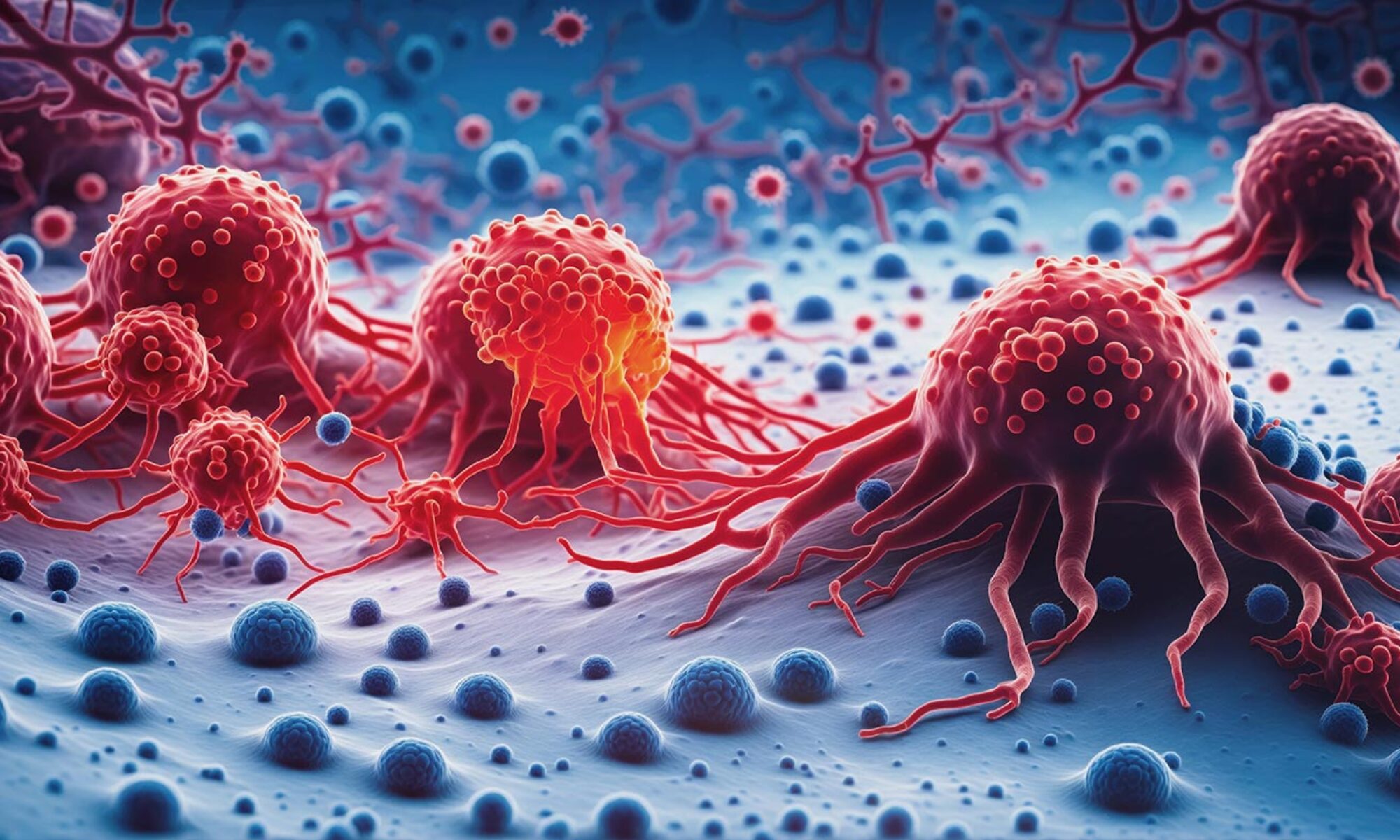Oncolytic Virus Plus PD-1 Inhibitor to Patients With Advanced Pancreatic Cancer (PTCA199-8)
Study Overview
Pancreatic adenocarcinoma (PDAC) is a highly lethal malignancy with a 5-year survival less than 10%. Approximately 80% of patients with pancreatic cancer are diagnosed at an advanced stage. Chemotherapy is one of the major treatments for advanced pancreatic cancer. In 2011, the PRODIGE trial has shown that oxaliplatin, irinotecan, fluorouracil, and leucovorin (FOLFIRINOX) was associated with a survival advantage but had increased toxicity.
Recent studies have suggested that local destruction of tumor tissue by oncolytic virus induced activation and maturation of dendritic cells and tumor-specific T cells by cross-presentation of tumor antigens. PD-1 blocking antibody interferes with PD-1 mediated T-cell regulatory signaling. Combination of PD-1 blocking antibody plus oncolytic virus may increase anti-tumor efficacy in pancreatic cancer.
The purpose of this study is to evaluate the efficacy of oncolytic virus plus PD-1 inhibitor to patients with advanced pancreatic cancer who are refractory to standard chemotherapy. Progression-free survival (PFS), objective response rate (ORR), overall survival (OS) and disease control rate (DCR) are measured every three weeks.
